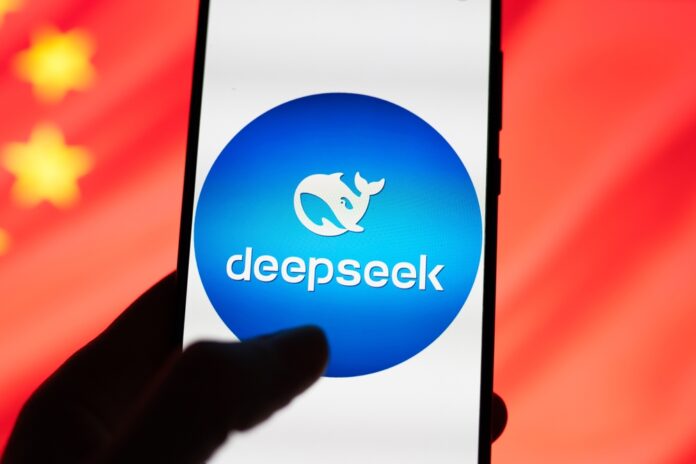Chinese startup DeepSeek announced in June the launch of Janus-Pro-7B, an artificial intelligence image generation model that, according to internal benchmarks, has outperformed competitors like OpenAI’s DALL-E 3 and Stability AI’s Stable Diffusion. With 84.2% accuracy in the DPG-Bench test, one of the leading visual quality benchmarks, the Janus-Pro-7B represents a leap in China’s ability to compete with Silicon Valley in the generative AI sector.
The model was trained with over 90 million samples, combining real and synthetic data, and is available in versions with 1 billion and 7 billion parameters, offering greater flexibility for businesses and developers. The launch coincides with growing investments in AI by giants like Baidu, Tencent, and Alibaba, which have been driving open-source solutions and expanding the country’s global competitiveness in the industry.
For Rafael Franco, CEO of Alphacode, a company specializing in app development with offices in São Paulo, Curitiba, and Orlando (USA), China’s progress in AI is a clear sign of shifting global innovation dynamics. ‘Generative AI has become one of the pillars of technological innovation, and China’s growth in this sector signals a future where solution diversity will be even greater. This means companies must adapt quickly to efficiently and strategically integrate these new tools,’ analyzes Franco.
The impact isn’t limited to Asia. In the US, the DeepSeek-V3 assistant became the most downloaded free app on the App Store, even surpassing ChatGPT itself. This movement highlights the global appeal of Chinese solutions and expands their presence in markets previously dominated by Western companies.
The arrival of models like Janus-Pro-7B in the international market could have significant impacts on sectors like graphic design, advertising, and digital content production. ‘More efficient and accessible models open new possibilities, but they require businesses to understand how to leverage these technologies to generate real value for users and enterprises,’ notes Franco.
The rise of Chinese generative AI also sparks debates about regulation, technological sovereignty, and cybersecurity, especially as models become available to developers from different countries. By making cutting-edge technologies more accessible, DeepSeek and other Chinese startups are promoting an innovation decentralization that could reshape strategies for creative companies and advertising agencies, including those in Brazil.
According to Franco, the challenge for Brazilian companies will be finding ways to strategically integrate these technologies without losing control over security, originality, and local relevance. ‘The competitive advantage will lie in adaptability. The tools are available, but the differentiator will be how each company applies them to its ecosystem,’ concludes Rafael.


